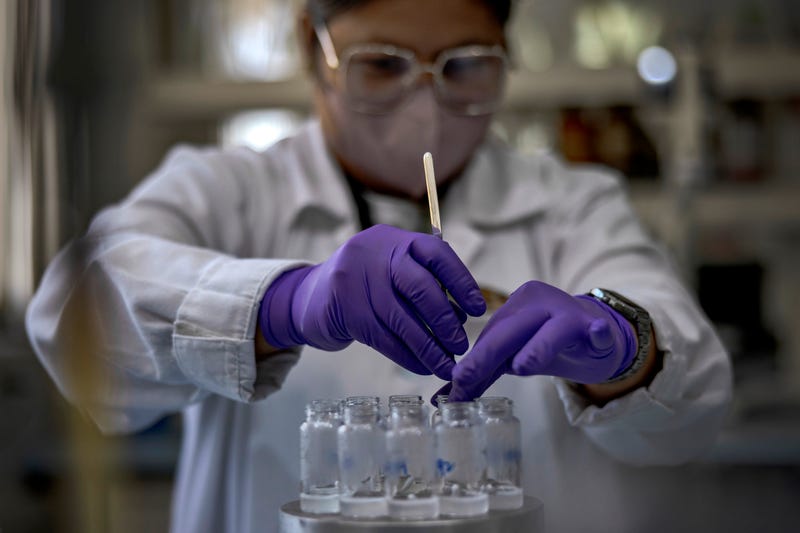
PHILADELPHIA (KYW Newsradio) — Scientists studied the mRNA technology that helped develop the COVID-19 vaccine decades before the pandemic. But for many, it felt like the vaccine was developed rather quickly.
Less than a year into the pandemic, there was already a massive vaccine rollout.
If a vaccine could be produced within a year of a global outbreak, what progress is being made for other viruses that have been around for decades, like HIV? Well, the answer isn’t that simple.
“In the case of HIV, there are thousands of different strains and variants in circulation,” said Dr. Amelia Escolano, an assistant professor at the Wistar Institute. “A vaccine that is efficacious needs to confer protection against those thousands of different variants that are in circulation. That’s a big challenge.”
She’s been studying HIV for years and is working to develop a vaccine. While there are a lot of unknowns, scientists have made real progress.
“What’s been shown that works is it’s a type of protocol that involves injecting different components of the HIV virus in a series,” Escolano said. “The goal is to teach our immune system to gradually recognize the HIV virus in a broad and potent way.”
Escolano talks about the intricacies of HIV and what goes into developing an HIV vaccine on the latest episode of KYW Newsradio In Depth.
Listen to the full conversation in the player below, on the Audacy app or wherever you get your podcasts.
